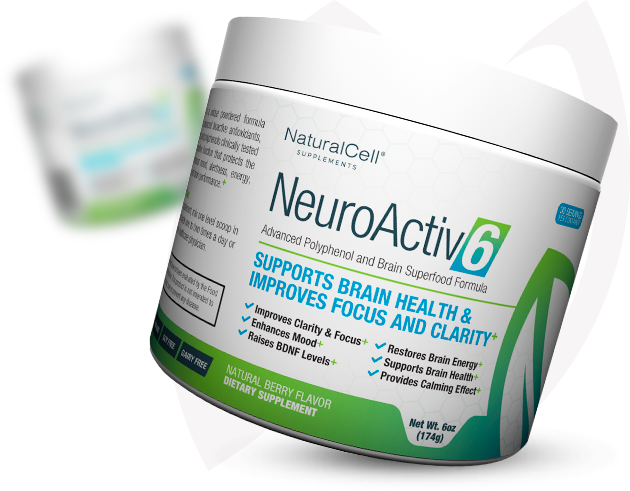Stress is an inevitable part of modern life, but when it becomes chronic, it can take a toll on mental clarity and the ability to concentrate. Whether from work pressures, personal life, or unexpected events, stress can cloud our thinking and weaken our focus, making even simple tasks seem overwhelming. In this article, we’ll dive into how stress impacts concentration and explore strategies to help regain mental clarity and focus.
The Link Between Stress and Focus
When we’re stressed, our brains release hormones like cortisol and adrenaline, which are helpful in short bursts. However, when stress becomes prolonged, these hormones can disrupt brain function, particularly in the areas related to memory and attention. Here’s how stress commonly impacts focus:
- Reduced Cognitive Function: Stress can impair our cognitive abilities, making it hard to think clearly, remember details, or solve problems efficiently.
- Increased Mental Fatigue: Chronic stress drains mental energy, leaving us feeling mentally exhausted, even when we haven’t done much.
- Distracted Thinking: Under stress, our minds tend to wander, replaying worries and preventing us from staying focused on the task at hand.
- Impulsive Decisions: High-stress levels can lead to impulsivity, which may cause us to make hasty decisions without fully analyzing the situation.
Strategies for Managing Concentration Amid Stress
To improve focus even in stressful situations, it’s essential to adopt habits and techniques that counteract the effects of stress on the brain. Here are some effective strategies:
1. Practice Mindfulness Meditation
Mindfulness meditation is a powerful tool for reducing stress and improving focus. Practicing mindfulness, even for just 10 minutes a day, can help the brain become more resilient to stress. Studies show that regular meditation enhances the brain’s capacity to concentrate and remain present.
Tip: Start with a simple breathing exercise, focusing on your breath and gently bringing your mind back whenever it wanders.
2. Break Tasks into Smaller Steps
When we’re stressed, large tasks can feel even more daunting, leading to procrastination and lack of focus. Breaking tasks into smaller, manageable steps can make them feel less overwhelming and give a clear path forward.
Tip: Prioritize your tasks and focus on completing one small step at a time. This approach helps reduce stress and improves concentration.
3. Limit Multitasking
While multitasking may seem productive, it actually divides your attention, making it difficult to focus on any one task. In times of stress, sticking to one task at a time can help improve efficiency and reduce mental strain.
Tip: Set a timer and work on a single task for 20-30 minutes without interruption, then take a short break before moving on to the next.
4. Stay Physically Active
Physical activity is a natural stress reliever that releases endorphins, which can improve mood and cognitive function. Regular exercise increases blood flow to the brain, improving focus and reducing stress levels.
Tip: A brisk 10-15 minute walk during breaks can be enough to boost concentration and relieve stress.
5. Get Sufficient Sleep
Sleep is vital for mental clarity and focus. Chronic stress often disrupts sleep, which only exacerbates concentration issues. Prioritizing good sleep hygiene—like maintaining a consistent bedtime and avoiding screens before bed—can improve both stress levels and focus.
Tip: Try a relaxing pre-sleep routine, such as reading a book or listening to calming music, to wind down.
6. Adopt Deep Breathing Exercises
Deep breathing is a simple yet effective way to manage stress and improve focus. It activates the body’s relaxation response, slowing heart rate and calming the mind, which helps reduce stress levels and enhance concentration.
Tip: Try the 4-7-8 breathing technique—inhale for 4 counts, hold for 7, and exhale for 8. Repeat several times whenever you feel stressed or distracted.
7. Use Focus-Enhancing Tools
Apps and techniques like the Pomodoro Technique can help structure work sessions and improve focus. Setting designated work intervals, followed by short breaks, can help maintain concentration even during stressful times.
Tip: Try a productivity app to structure your work intervals and ensure you’re maximizing focused work time.
8. Stay Hydrated and Eat Balanced Meals
Proper nutrition and hydration have a direct impact on cognitive function. Dehydration and poor nutrition can exacerbate stress and make it difficult to concentrate.
Tip: Keep a water bottle nearby, and opt for brain-boosting snacks like nuts, fruits, and vegetables to keep energy levels stable.
Long-Term Stress Management Techniques
For lasting improvements in focus and stress resilience, adopting long-term habits can make a significant difference. Here are a few that can help:
- Journaling: Writing down thoughts and concerns can help process stress and free up mental space for focusing.
- Establishing Boundaries: If work or personal obligations contribute to chronic stress, setting boundaries around your time can create space to decompress.
- Cultivating Hobbies: Engaging in hobbies outside of work helps to unwind, which can make focusing easier when you need to be productive.
Taking Control of Stress and Focus
Stress is an unavoidable part of life, but its impact on focus doesn’t have to be overwhelming. By understanding the connection between stress and concentration, and implementing strategies to mitigate its effects, you can improve your ability to focus and enhance productivity. Start with a few small changes—like practicing deep breathing or breaking tasks into steps—and build from there.
Remember, managing stress effectively can pave the way for improved focus, better decision-making, and a more balanced life overall.
TODAY’S DEAL
Unleash your mind's potential with NeuroActive!
Ready to improve your cognition? Add NeuroActive to your routine and boost your mental performance! Buy now and see the results!
learn more























